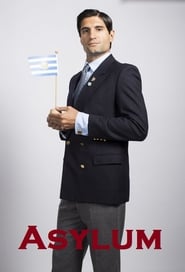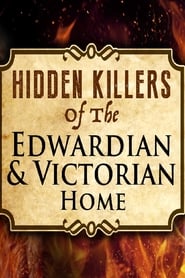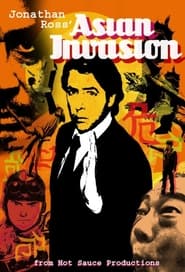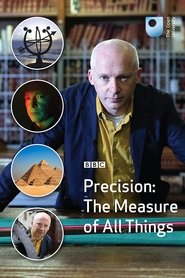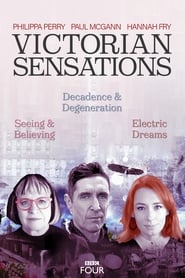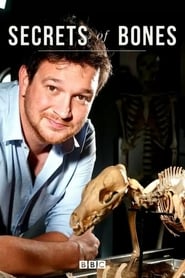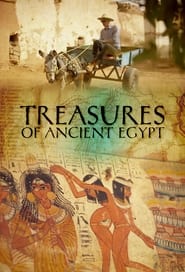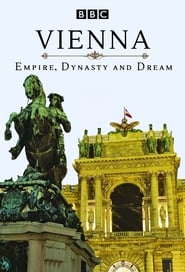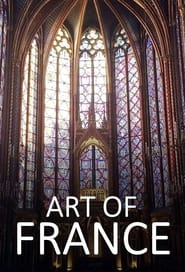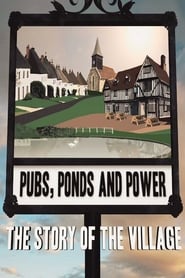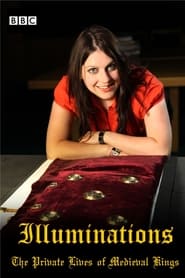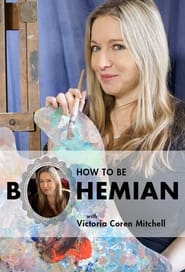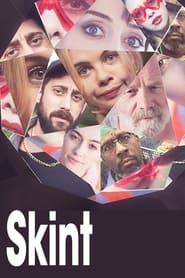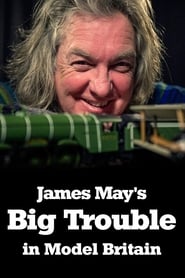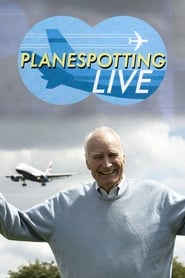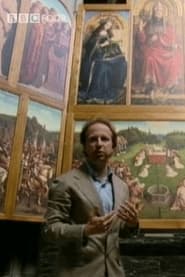Bbc Four TV Series - Page 8
-
In and Out of the Kitchen
2015
Damien Trench is a neurotic cookery writer, living in Queen's Park with his partner, Anthony. The show focuses on Damien and everything that happens to him both in and out of the kitchen, 'no matter how grizzly, or indeed, how gristly', as he writes his latest book, a diary of his life and culinary habits called In and Out of the Kitchen. Each episode follows a few days in the life of Damien and his partner Anthony, their seemingly ever-present builders Mr Mullaney and Steven, and Damien's terrifying agent Iain. Damien longs for a quiet life contemplating good food but also longs for perfection in all things, and his life has a habit of never quite working out the way he wants it to. While Damien's recipes always go to plan, his life never does... -
Asylum
2015
star 6.5Inspired by the true stories of whistle-blowers claiming asylum, Asylum is a satirical comedy about a government whistle-blower and a millionaire internet entrepreneur trapped together in the London embassy of a fictional Latin American country. Dan Hern is a serious, self-important egotist who is accused of leaking important documents. After a year in the El Rican embassy Dan is bored, depressed and has no hope of getting out - his only chance is to push his case in an interview with the Guardian. The embassy staff are struggling to attract people to the annual embassy ball, as Dan is old news and nobody wants to come. The Ambassador's oily son decides to offer sanctuary to another international fugitive named Ludo Backslash: a larger-than-life, childish hacker and internet pirate, who set up a file-sharing website and became public enemy number one among the global entertainment community. -
Hidden Killers
2013
-
Asian Invasion
2006
Asian Invasion
2006
Asian Invasion is a three-part mini-series presented by Jonathan Ross which aired on BBC Four in January 2006. Focusing on East Asian cinema, the series looked at some of the most famous films, actors and directors in Japan, Korea and Hong Kong. -
Precision: The Measure of All Things
2013
star 7.1Precision: The Measure of All Things is a three-part British television series outlining aspects of the history of measurement. It was originally aired in June 2013 on BBC Four. The series comprised three programmes: Time and Distance; Mass and Moles and Heat, Light and Electricity. -
Victorian Sensations
2019
Victorian Sensations
2019
Victorian Sensations transports us to the thrilling era of the 1890s. Dr Hannah Fry, Paul McGann, and Philippa Perry explore a decade of rapid change that still resonates today. -
Secrets of Bones
2014
star 7Evolutionary biologist and master skeleton builder Ben Garrod looks at how bones have enabled vertebrates to colonise and dominate practically every habitat on Earth. -
Treasures of Ancient Egypt
2014
star 7.5Alastair Sooke tells the story of Ancient Egyptian art through 30 extraordinary masterpieces. -
Vienna: Empire, Dynasty and Dream
2016
star 6Vienna was the capital of the Habsburg dynasty and home to the Holy Roman Emperors. From here, they dominated middle Europe for nearly 1,000 years. In this series, historian Simon Sebag Montefiore describes how the Habsburgs transformed Vienna into a multi-national city of music, culture and ideas. Napoleon, Hitler, Mozart, Strauss, Freud, Stalin and Klimt all played their part. -
Kermode and Mayo’s Home Entertainment Service
2020
star 6Mark Kermode and Simon Mayo host a weekly guide to the best (and worst) of streaming culture in the 21st century, across film and premium television. -
Art of France
2017
star 8Andrew Graham-Dixon examines the history of French art, revealing how it emerged from a struggle between tradition and revolution, and rulers and citizens. He compresses centuries of culture into three thematically linked chapters. -
Pubs, Ponds and Power: The Story of the Village
2018
star 3Archaeologist Ben Robinson explores the story of the village from Norman times to the present day. With ancient churches, castles, market places and cottages, the English village is a magnet for tourists. This cosy, picture postcard image is a snapshot of England which is recognised across the globe. But the story of the village from ancient times to the present day is not one of sleepy rural idylls. It is a story of purpose, persistence and power. ‘Pubs, Ponds and Power – The Story of the Village’ looks at how some of England’s greatest villages have evolved over time. -
Illuminations: The Private Lives of Medieval Kings
2012
star 5Through this three part series Art Historian Dr Janina Ramirez tells the story of the Medieval monarchy as preserved through stunning illuminated manuscripts from the British Library's Royal Manuscripts collection. -
How to Be Bohemian with Victoria Coren Mitchell
2015
An exploration of the history of bohemians - weird and wonderful artists and writers who have chosen to defy convention, from radical romantics to sandal-wearing vegetarians and sexual-experimenters. -
Skint
2022
star 3The grit, humour and courage of ordinary people in the bleakest of circumstances. Darkly comic, poignant and sometimes devastating monologues about life in poverty. -
Unnatural Histories
2011
Unnatural Histories
2011
Unnatural Histories is a 3-part British television documentary series produced by the BBC and BBC Natural History Unit. It takes a new look at three of the world's most iconic wildernesses; the Serengeti, Yellowstone National Park and the Amazon and discovers that far from being wild and untouched, each has been shaped over time by man. It was first broadcast on BBC Four 9–23 June 2011. -
James May's Big Trouble in Model Britain
2019
star 7.5James May follows a year inside Hornby Hobbies – an iconic British toymaker on the brink of collapse. -
Planespotting Live
2019
Planespotting Live
2019
The joy of a very British hobby, brought to you by Peter Snow and his team, revealing the hidden histories, engineering marvels and true pleasures of plane spotting... live! -
Northern Renaissance
2006
Northern Renaissance
2006
Joseph Leo Koerner argues that the Renaissance in Northern Europe - more so than its Italian counterpart - laid the foundations of modern art.

